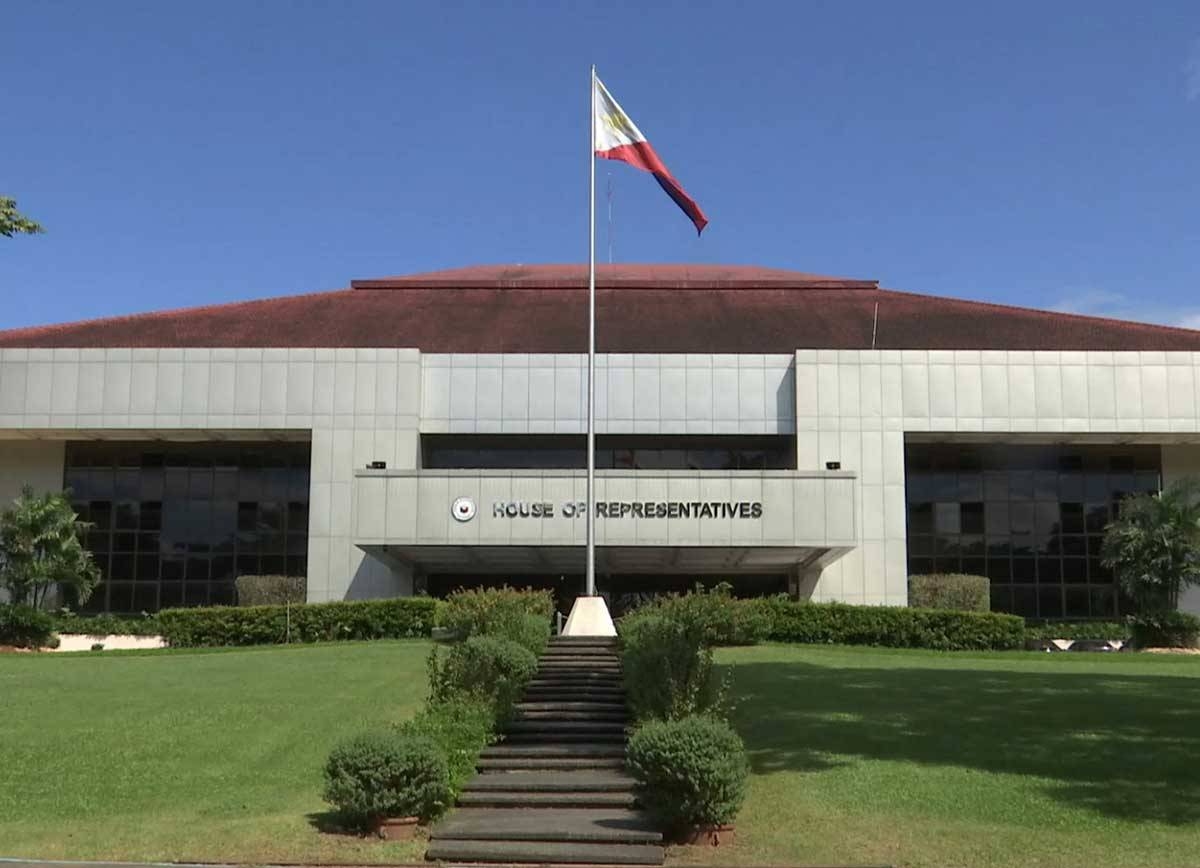The House of Representatives has expressed its readiness to face any potential legal challenges that may arise from amending the economic provisions of the 1987 Constitution. 1-Rider Representative Ramon Rodrigo Gutierrez stated during a news conference that the lawmakers understood the risks involved in charter change and were prepared to move forward despite the possibility of constitutional challenges.
Gutierrez acknowledged the dilemma faced by the lawmakers, as they were advocating for a change that could be legally contested. However, he emphasized that the right course of action was to proceed and leave the final decision to the Supreme Court, trusting in its judgment.
On Monday, the House Committee of the Whole commenced deliberations on Resolution of Both Houses 7 (RBH 7), which aims to amend the economic provisions of the Charter. Once the committee report is approved, a vote will be held at the plenary level.
During the deliberations, former Chief Justice Reynato Puno expressed his concerns about the adoption of the Bernas model and interpretation, stating that it could potentially face a constitutional challenge. Puno’s insight highlighted the complexity and potential legal hurdles involved in the amendment process.
In the first meeting of the House Committee on RBH 7, Albay 1st District Representative Edcel Lagman raised a question regarding the need for the House and the Senate to meet as a constituent assembly once the Senate concurs with the resolution. House Majority Leader and Capiz 2nd District Representative Fredenil Castro clarified that they viewed the powers granted by the Constitution as separate, with each chamber voting independently. Once both chambers have concurred, the resolution will be sent to the Commission on Elections (Comelec) for the scheduling of a plebiscite, eliminating the need for a joint assembly.
Lagman pointed out that the 1987 Constitution outlined three modes of amending the Constitution: constituent assembly, constitutional convention, and people’s initiative. He emphasized that only a constituent assembly, consisting of representatives and senators, could propose amendments to the Constitution for ratification by the people in a plebiscite.
Meanwhile, the Senate began its own deliberations on RBH 6 earlier this month, further emphasizing the significance and complexity of the proposed amendments.
The House of Representatives’ commitment to moving forward with the amendment process despite potential legal challenges demonstrates their determination to address the economic provisions of the Constitution. By trusting in the judgment of the Supreme Court and following the prescribed procedures, they aim to ensure a transparent and legitimate amendment process.
It is important to note that any constitutional amendment carries significant implications for the nation. As the House and Senate continue their deliberations, it is crucial for lawmakers to consider the potential consequences and engage in a thorough and inclusive dialogue with the public. The amendment process should reflect the collective will and aspirations of the Filipino people.
In conclusion, the House of Representatives is prepared to face any legal challenges that may arise from amending the economic provisions of the 1987 Constitution. They acknowledge the risks involved but believe that moving forward is the right course of action. By following the prescribed procedures and trusting in the judgment of the Supreme Court, they aim to ensure a legitimate and transparent amendment process. As the deliberations continue, it is essential for lawmakers to engage in inclusive discussions and consider the potential consequences of any amendments to the Constitution.







